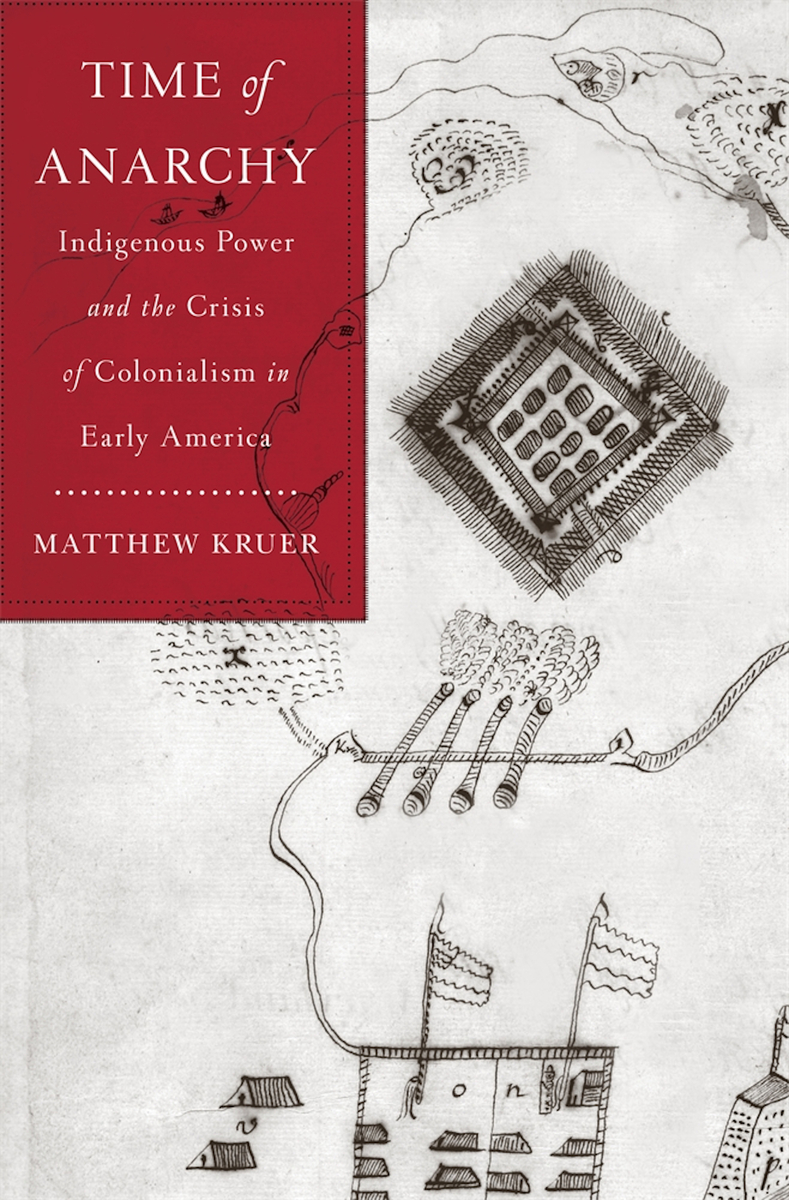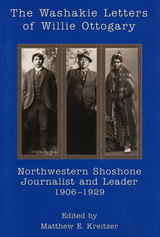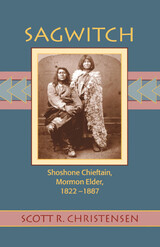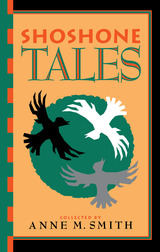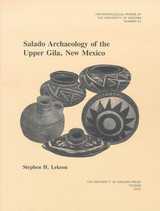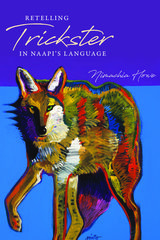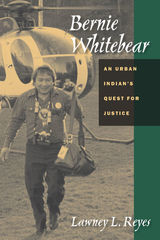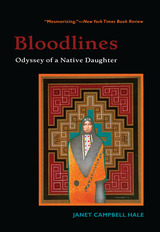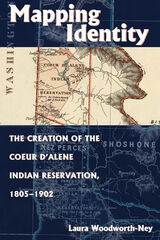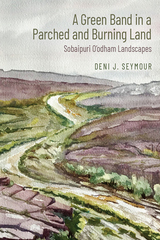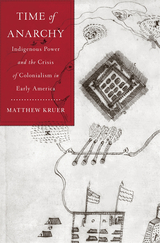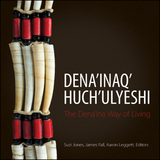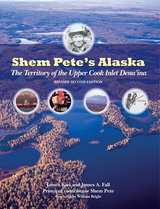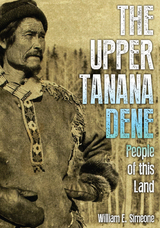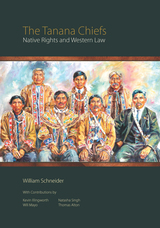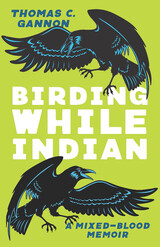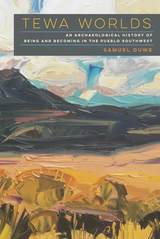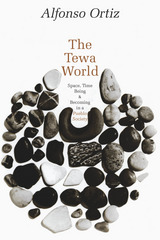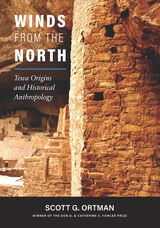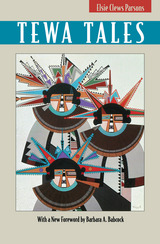An eye-opening account of an obscure chapter in colonial American history.
-- Publishers Weekly
Time of Anarchy is a fine work of historical scholarship. Outstanding research and evocative writing bring this important history to life.
-- Gregory D. Smithers North Carolina Historical Review
Remarkable…Kruer brings a rare sense of historical empathy to all actors without minimizing the horrid levels of indiscriminate destruction and loss experienced by all. Combining nuances and engaging style, this book will remain a reference for years to come.
-- Céline Carayon Virginia Magazine of History & Biography
In his well-organized story on Indigenous power, Kruer solidly argues for the strength and persistence of the Susquehannock with captivating precision and careful detail to source-driven narratives…brings a new perspective to the colonial crises of the late seventeenth century.
-- Tyler Daniels H-Net Reviews
Kruer tells the fascinating and necessary narrative of the Susquehannock people at the end of the seventeenth century. His work and its underlying archive in this regard will be of great importance and interest.
-- Caroline Wigginton Native American and Indigenous Studies
Flowing with insights and executed with skill, Time of Anarchy rearranges conventional understandings of seventeenth-century Anglo–Indian relations. Examining the fateful ‘revolution’ in Anglo–Indian affairs during the 1670s, it upends paradigms of Indigenous victimization, uncovers surprising degrees of Susquehannock power, and challenges normative assumptions about racial formation in the Chesapeake. A remarkable work of recovery, Time of Anarchy compels a major re-periodization of early American history, one in which the currents of race, power, and colonialism follow much less familiar and determined paths.
-- Ned Blackhawk, author of Violence over the Land: Indians and Empires in the Early American West
Time of Anarchy is a brilliant book on the Susquehannock Indians and their creative and bold maneuvering among North America’s colonial powers. But the book is also an incisive account of colonial tactics and expansion, making it quite extraordinary: we have rarely seen such measured balance in writing early American history. The book is filled with insights and historiographical interventions, but Matthew Kruer introduces them to us surreptitiously with elegant and compelling prose.
-- Pekka Hämäläinen, author of Lakota America: A New History of Indigenous Power
Mixing exquisite historical detail with brilliant analysis, Matthew Kruer remaps colonial North America, locating a small Native nation—the Susquehannocks—at the very center of a continental world of imperial conflict. Time of Anarchy makes a bold and provocative intervention into early American history. Our understanding of Indigenous power will never be the same.
-- Philip J. Deloria, author of Indians in Unexpected Places
In a blood-soaked time of war and chaos in the seventeenth-century Chesapeake, the Susquehannocks emerged as a powerful nation. Matthew Kruer tells their compelling story with grace and insight, managing to make new a history often considered well-worn. Here was a ‘time of anarchy’ that unleashed astonishing and novel orders, both indigenous and colonial. This era will never look the same again.
-- Sarah Pearsall, author of Atlantic Families: Lives and Letters in the Later Eighteenth Century
In these pages we see the hand of a careful ethnohistorian, a thoughtful political theorist, an archival political historian, a theoretically-sophisticated scholar of affect, and an engaging stylist. Time of Anarchy has the narrative feel of masterful old history but carries the theoretical heft of contemporary scholarship.
-- Gregory E. Dowd, author of A Spirited Resistance: The North American Indian Struggle for Unity, 1745–1815
Time of Anarchy will have a significant impact on our understanding of early American and Native American history. Kruer’s fusion of the histories of emotion and of gender helps to resolve some truly mysterious features of this critical period, and his compelling analysis of the power of threatened masculinity and conspiracy theories make this very much a book for our own time.
-- James Rice, author of Tales from a Revolution: Bacon’s Rebellion and the Transformation of Early America
